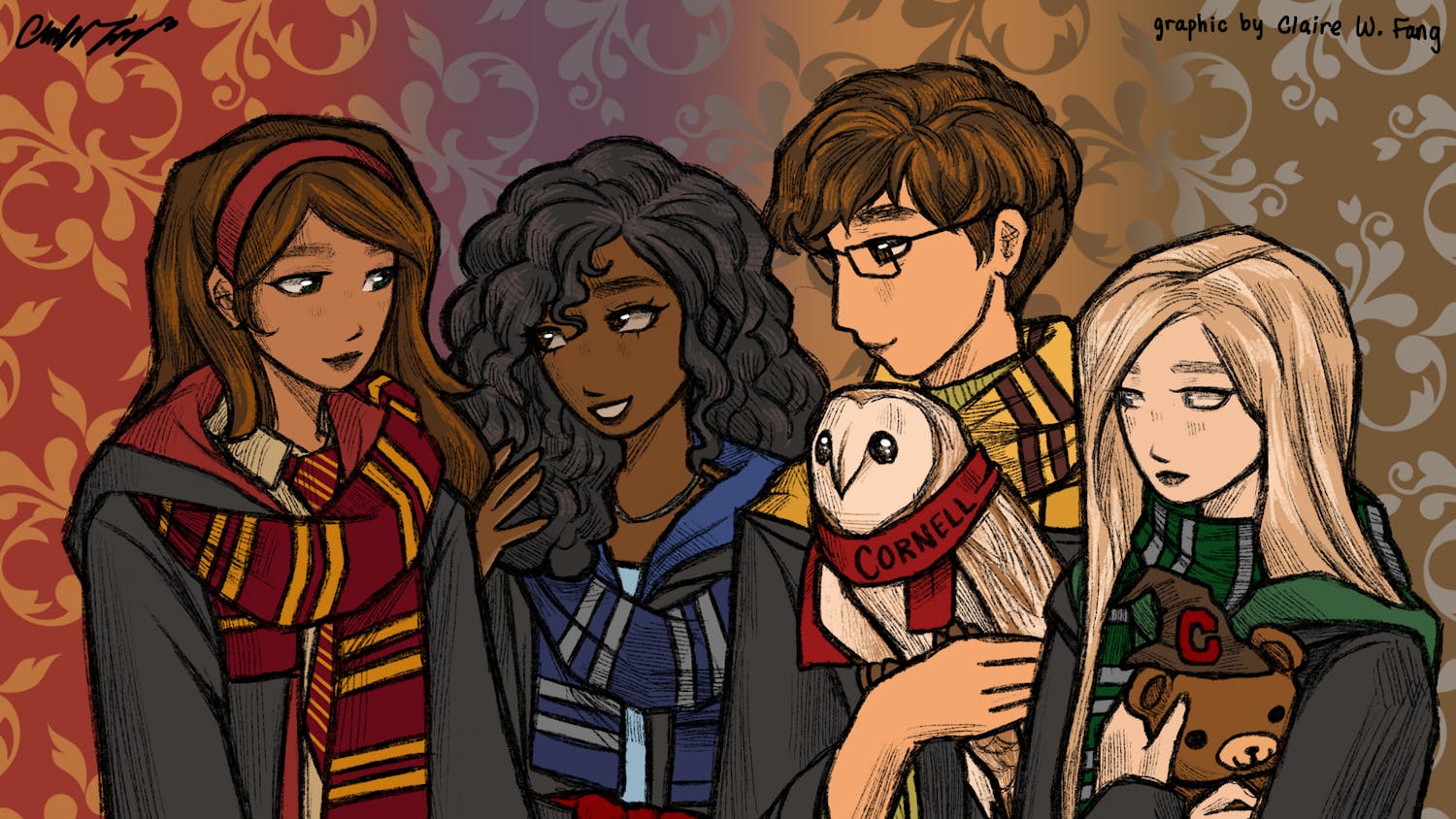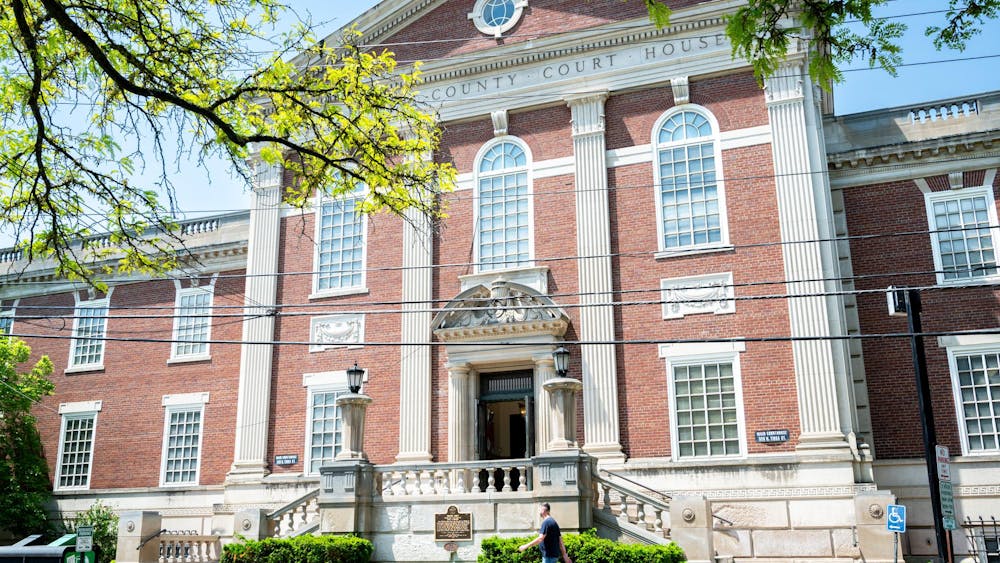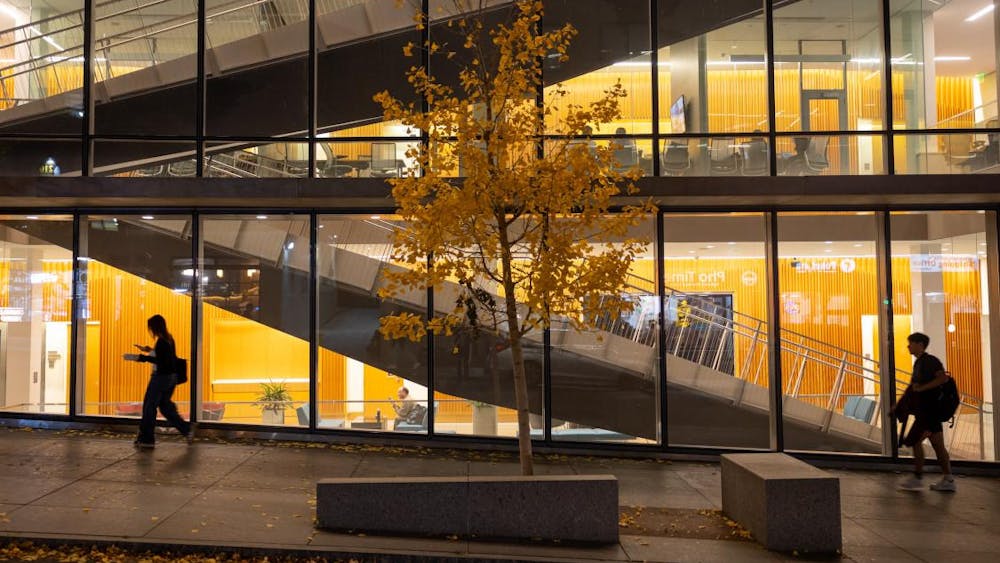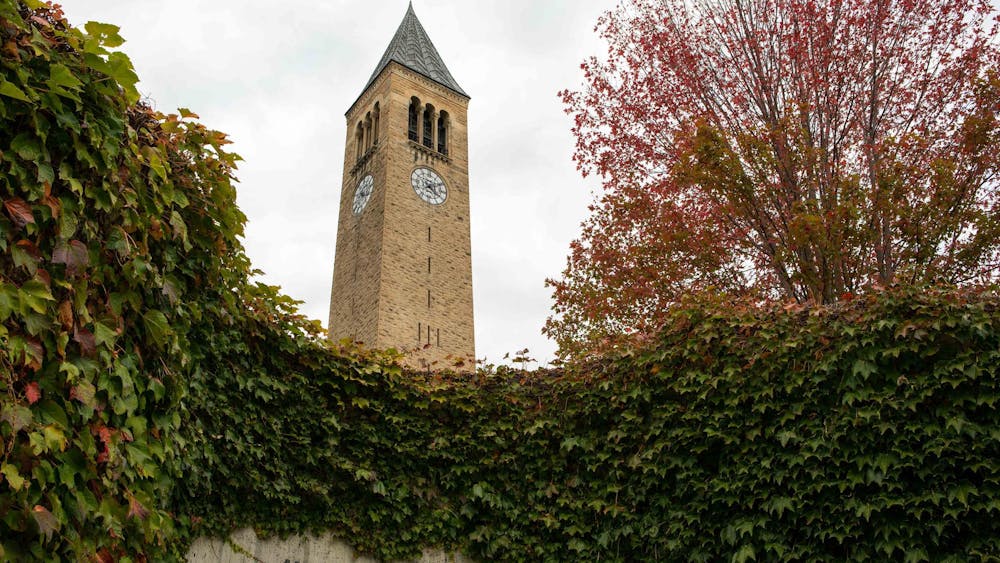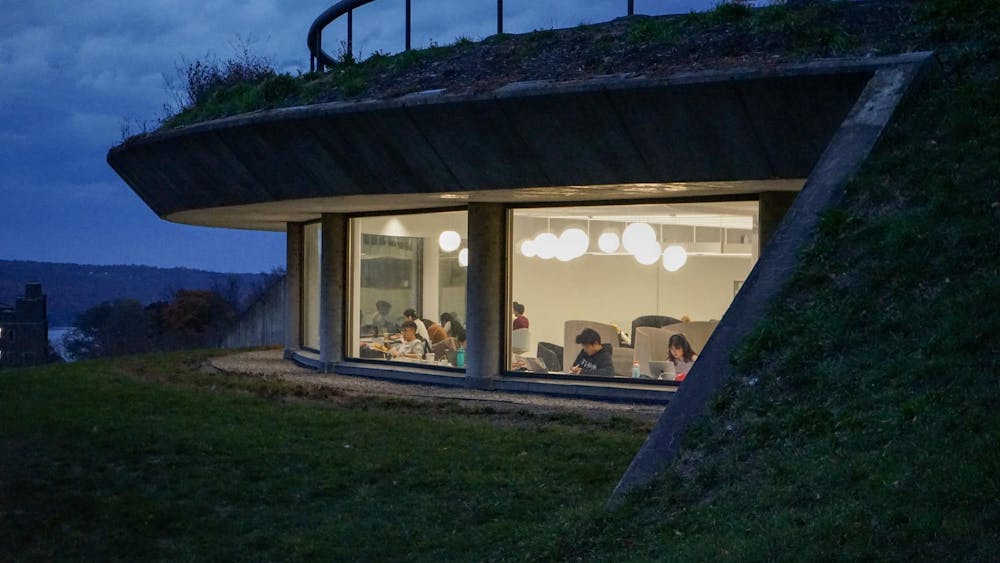In the middle of my lecture, I saw my phone light up with a ping in my Gmail account. Curious to see why my friend sent me an email instead of a text, I opened the message and was greeted with the sight of a Google Calendar invite for lunch the next day. The grandeur of the invite made me laugh, so I opened up my message and poked fun at the formal invite to a regularly scheduled dining hall lunch at Okenshields. This wasn’t my first experience receiving a Gcal invite for something mundane, but what stuck with me was the joke I texted my friend: “I fear we’ve reached a new level of Cornell crazy (the Gcal invite).”
Even though the horrors of Google Calendar have infiltrated many universities and high schools, the rigor and pressure that is so prevalent at Cornell is a large part in the creation of Cornell’s “Gcal Warriors.” A phrase originally coined on social media, a Gcal Warrior is a student who thrives because of their constant and meticulous use of Google’s calendar app, Gcal: they’ll schedule when the wake up and go to sleep, their classes, exams, all office hours and how many minutes of rest they can attribute to lunch and dinner with friends. Gcal Warriors scare me. There are different kinds of people in this world, and pre-Cornell, I considered myself very structured and focused, but Gcal warriors, they’re next level.
Still, I’ll admit, after heavy persuasion by some friends, I attempted to make my own Gcal to put to the test if I had that warrior lifestyle in me. Quickly, I realized that seeing every moment of my day color-coded (an unsuccessful attempt to make an eventful day look exciting instead of exhausting) was incredibly overwhelming. Staring face-to-face with the gaps between my events and meetings, realizing how little of my day allowed for flexibility, was incredibly stressful. The reliance on Gcal or other online scheduling systems does make me feel “old-school” whenever I bring out my physical agenda, where I only write to-dos and exam dates.
My biggest qualm with Gcal is that it forces students to undermine the best part of college: the spontaneity. We spent our high school years desperate to experience the “college life” and indulge in our newfound freedom. There isn’t any way to schedule a study session till 4 am in Catherwood Library or post-midnight runs to D.P. Dough when you’re reaching the last thread of your sanity. If I adhered my life to a schedule, I would miss out on these genuine moments of connection where, after a long day of 75-minute lectures, I get to sit on the slope with friends and watch the sunset.
These glimpses of peace shouldn’t be accompanied by feelings of guilt because we’ve now altered our schedule. Although a certain level of discipline and drive is required to succeed at Cornell, it shouldn’t hinder our ability to become full-fledged people who get to experience the evolution into adulthood we dreamed about as we wrote our admissions essays at 17.
Recently, I joined a band. Do I really have time in my schedule for this? Absolutely not. Am I still going to do it? Without a doubt. There’s a level of flexibility required to have a college experience you don’t hate. When true adults reminisce on their college days, the stories revolve around accidental meetings, an ill-timed party, or some moment that required a deviation from “the plan.” We can still succeed, and while admitting that some fluidity is required to not become the kind of student isolated in the dorm room, sticking to the plan and not participating in college the way you’re meant to participate. All the moments that make college so magical are the events you don’t plan for and the people you accidentally encounter. The parties where you go with friends and linger too long at the doorway and wake up too late the next day.
As a peer to readers of this article, I understand the hesitancy to follow my advice. Still, the truth is that the advice is borrowed from many alumni who have come to Cornell to offer insight into their lives and careers. One theme mentioned consistently throughout the events: a wish that they could go back and enjoy college more and allow themselves to relax more than they did. Of course, no one is encouraging skipping class to lie in bed or giving up on academics. It’s clear that they wish they had incorporated more moments of fun and relaxation into their college careers, anticipated those moments, and welcomed them with open arms when they arrived.
In a small act of rebellion against a machine that demands a never-ending stream of effort, when my friends ask if I want to make a pit stop to sit on the slope, I’ll always say yes. Because I came to Cornell to learn just as much as I came here to grow, and these moments where I allow myself to pause are the ones where I develop outside of academia. These are the memories I will cherish, not the classes I took, or the studying I did, but who I studied with, and how loudly we laughed during our reprieve to 7/11 when we needed a study break at 3 am. You can’t plan for the complexities of college life, and truly, the fluidity of it all is what makes it so exciting.
Vanessa Long is a first-year in the College of Agriculture and Life Sciences. She can be reached at vvl22@cornell.edu.





